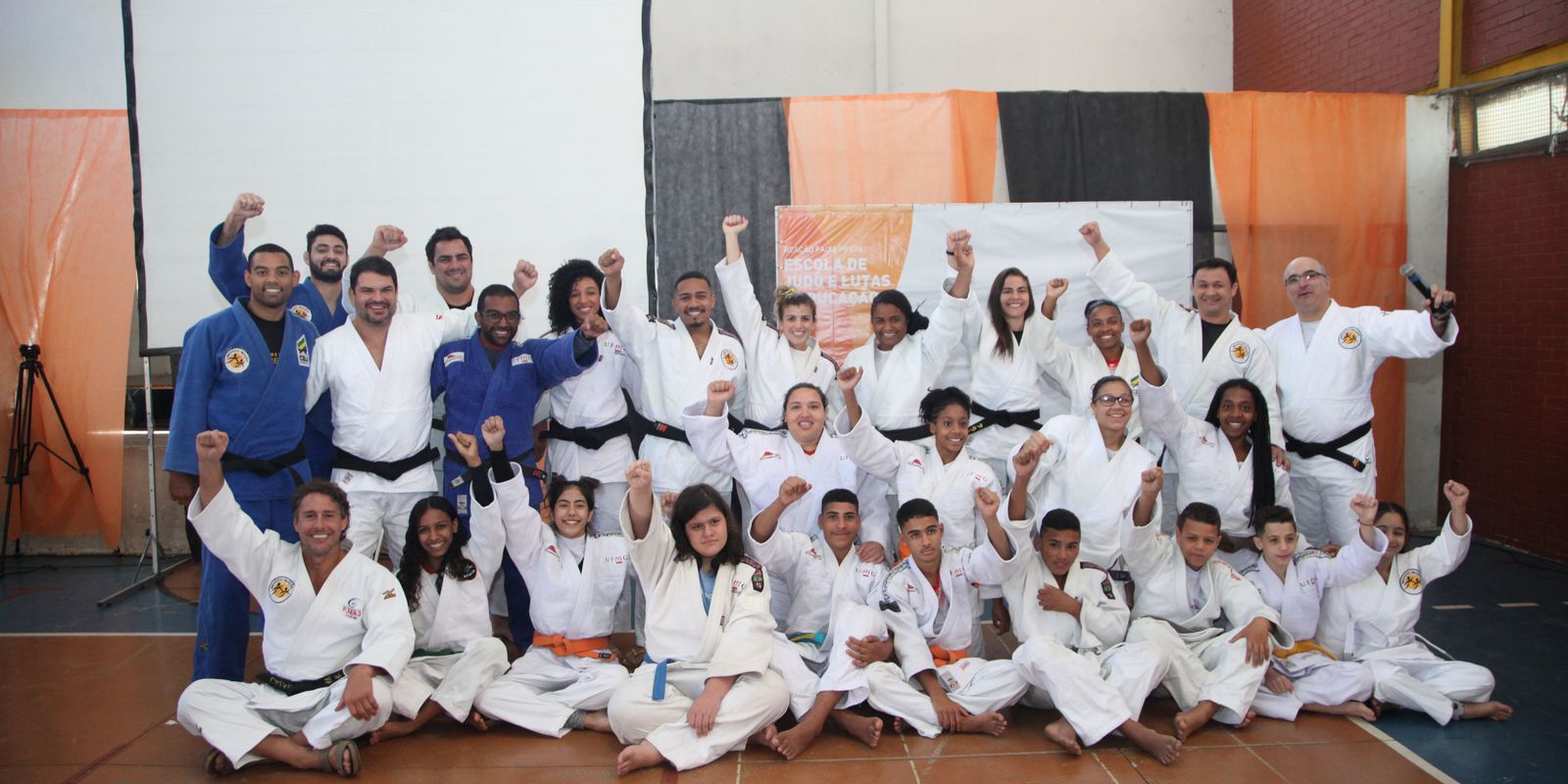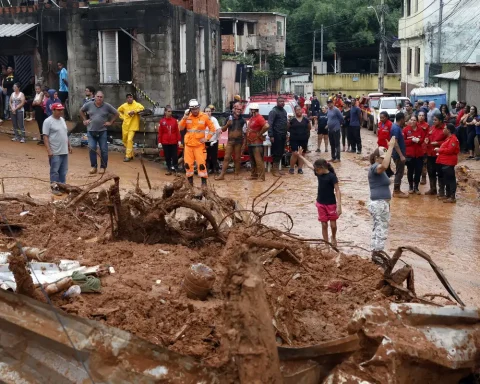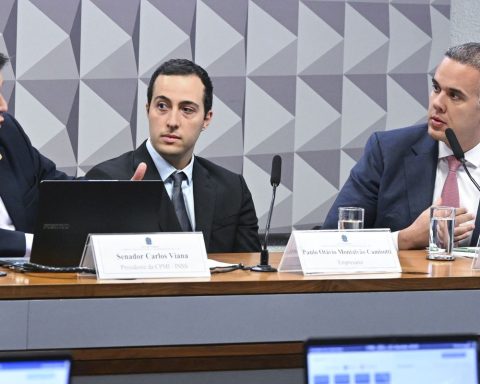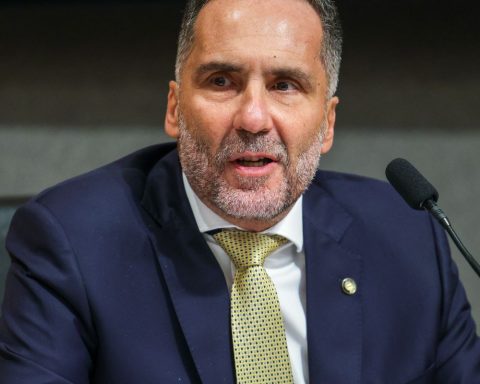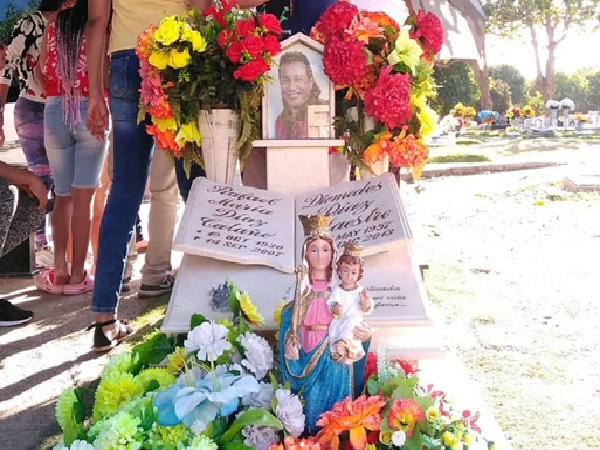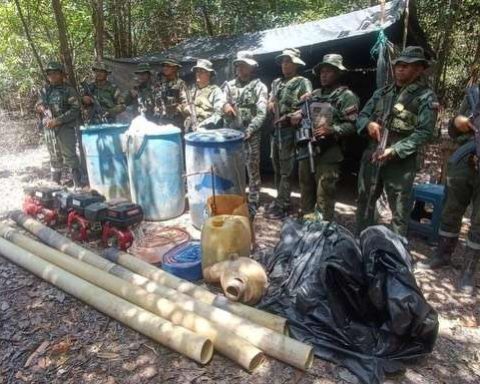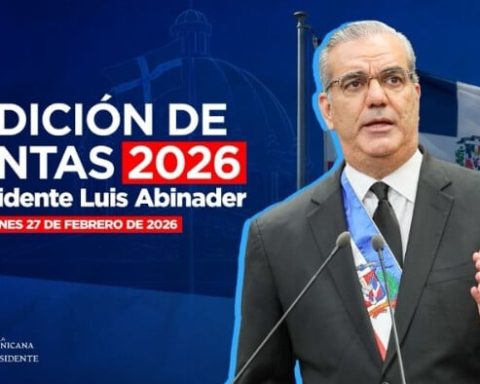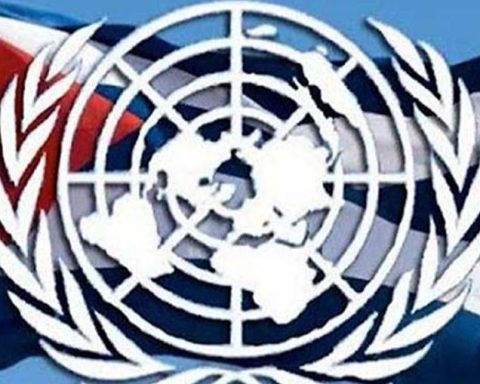Instituto Reação, a social and sports project that has former judoka and Olympic medalist Flávio Canto as one of the founders, launched this Thursday (1) a pole in Belo Horizonte. The initiative has as a partner the Instituto Arrasta, created ten years ago by Luciano Corrêa, also a former athlete and world judo champion.
The head office is at Avenida Bernardo Vasconcelos, 288, in the Cachoeirinha neighborhood, northwest of the capital of Minas Gerais. It is expected that the center will serve around 240 students, many from Luciano’s institute, who will become a member of Reação’s steering committee. The same happened with judoka David Moura, runner-up in the world, when he signed a partnership between the project he developed in Cuiabá and that of Flávio, two years ago.
“We have always followed the work of Esporte Sem Fronteiras, later as Instituto Arrasta and now joining forces with Reação. The idea is to get even stronger and generate more impact. So, for us, the family has grown”, declared Flávio, in a press release.
“We started this work [Arrasta] with the aim of helping children who have no opportunities. We started the project small, humble. Gradually, we grew and gained support from some companies. But with the pandemic [da covid-19], we started to have a lot of difficulty maintaining the project. We had demands from students already classified for the Brazilian Championship and from other activities outside judo for the development of these children, both on and off the mat. With this desire to go one step further, and bring opportunities to more children, the idea of the partnership was born”, explained Luciano in the same statement.
Reação was created in 2003, in the Rocinha favela, in the south of Rio de Janeiro, to teach judo and promote sport values to underprivileged youth. In addition to Flávio, friends and former coach of the Brazilian judo team Geraldo Bernardes participated in the creation of the project, which discovered, among other athletes, the judoka Rafaela Silva, world and Olympic champion. According to the institute, around three thousand students are currently served in four states (Rio de Janeiro, Mato Grosso, Rio Grande do Norte and, now, Minas Gerais).
